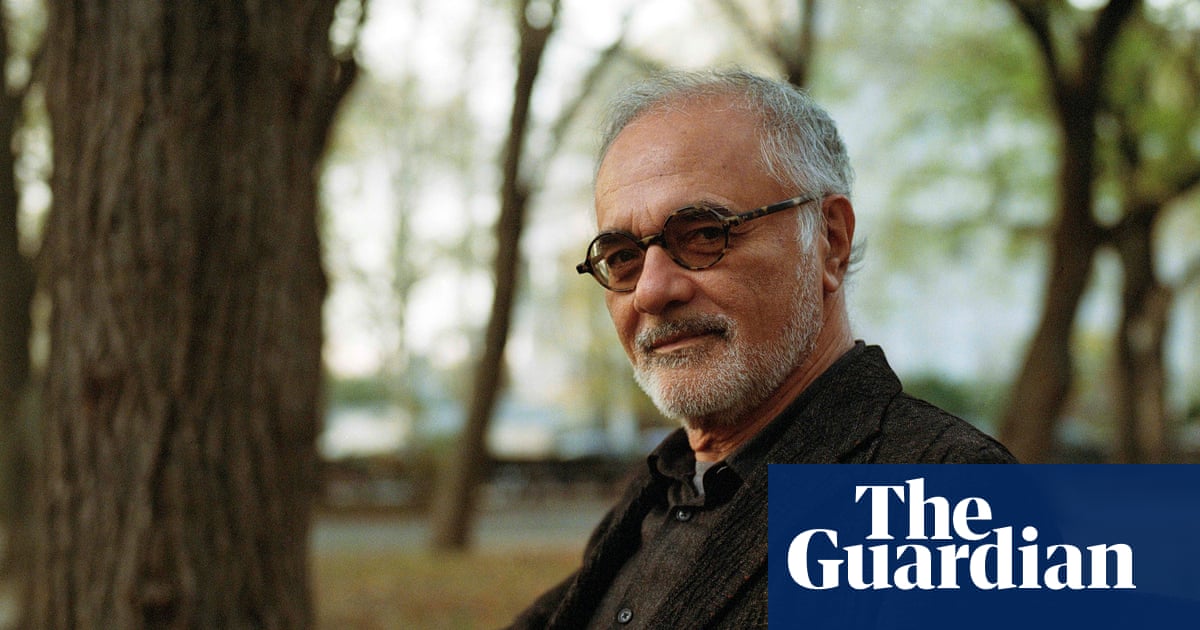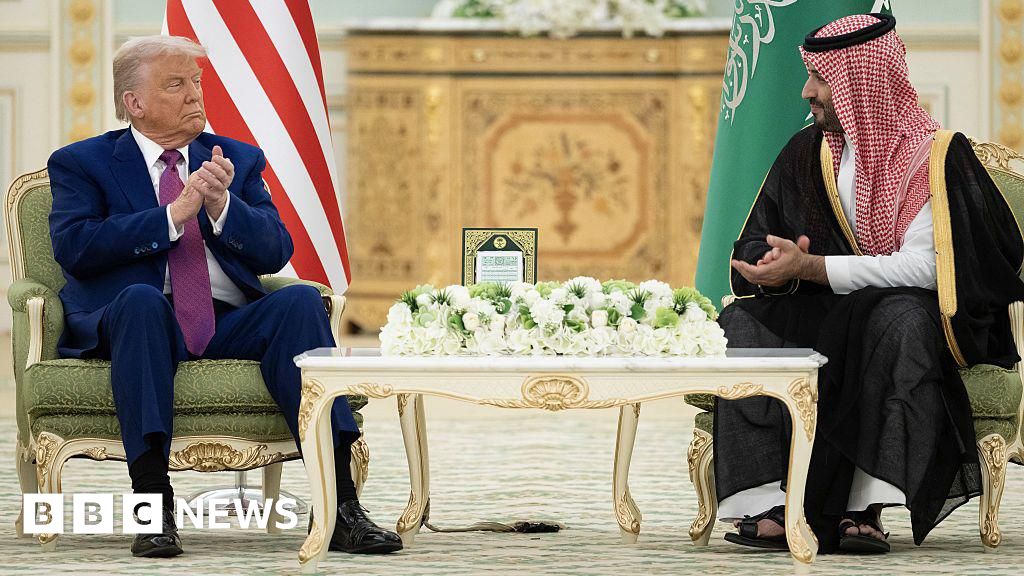- U.N. Security Council approves Trump’s 20-point peace plan for Gaza The Washington Post
- Hamas, Gaza factions say UN resolution undermines ‘national will’ Al Jazeera
- After UN vote, Netanyahu calls for Hamas’s expulsion from the region
Summary
-
Donald Trump welcomed crown prince Mohammed bin Salman to Washington on Tuesday, in the de facto ruler of Saudi Arabia’s first White House visit since the 2018 killing of Washington Post journalist Jamal Khashoggi by Saudi agents in…





